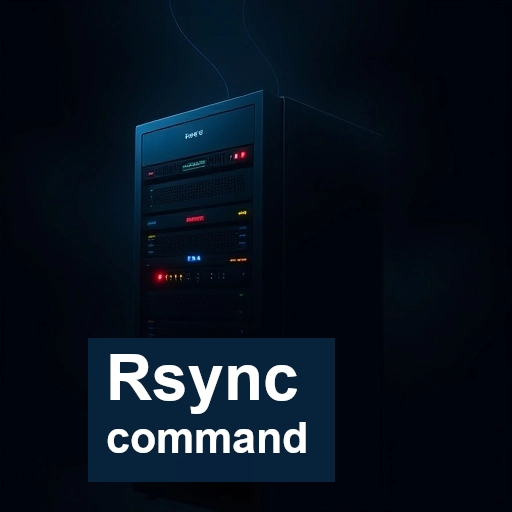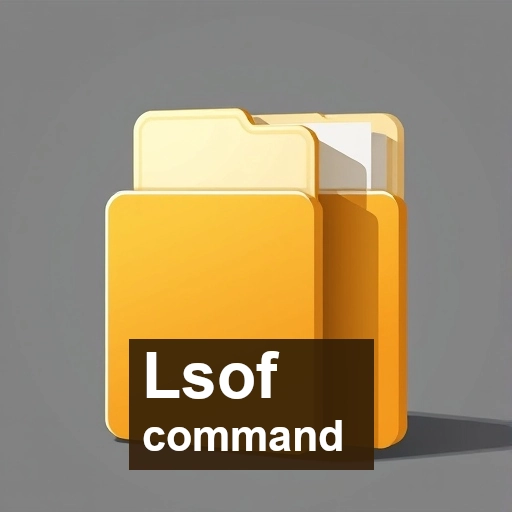In the world of text processing and system administration, grep and ripgrep are two highly popular tools that help users search for patterns within files. Both tools have similar core functionalities, but they differ in performance, usage, and additional features. In this article, we'll explore what these tools are, how they work, and compare them to help you understand when to use each.
Exploring the find, fd, and locate Commands in Linux: Tools for Efficient File Searching
In Linux, finding files can be a frequent task, whether you're working on a system with numerous directories or trying to locate a specific file buried deep within the filesystem. To aid in this process, there are several command-line tools available, each designed to help users quickly search and identify files. Among the most commonly used are the find, fd, and locate commands.
Understanding WiFi Commands: iw, wpa_supplicant, hostapd, and wavemon
Four of the most commonly used tools are iw, wpa_supplicant, hostapd, and wavemon. Each plays a distinct role in Wi-Fi management, allowing for configuration, monitoring, and troubleshooting of wireless connections. In this article, we’ll explore what each of these commands does and how they are used.
Understanding the rsync Command for File Synchronization
rsync is a fast and versatile command-line utility used for transferring and synchronizing files and directories between two locations. The locations can be on the same machine, across different machines on a network, or between a local machine and a remote server.
Common Linux Networking Commands and Their Usage
Networking commands are essential tools for diagnosing, managing, and troubleshooting network connectivity and configurations in computing systems. Below is an overview of some of the most commonly used networking commands, their purposes, and practical examples.
Understanding the lsof Command: A Comprehensive Guide
The lsof command in Unix-based operating systems stands for "List Open Files." As the name suggests, it is used to list all open files and the processes that opened them. It provides valuable insights into which files are being accessed by which programs, making it an essential tool for system administrators, developers, and anyone interested in monitoring system resources and troubleshooting.
Understanding the ss Command in Linux: A Comprehensive Guide
The ss (Socket Statictics) command is a utility in Linux and Unix-like operating systems for displaying information about network connections, listening sockets, and related networking statistics. It is often seen as a faster and more efficient alternative to the older netstat command, offering the same functionality with enhanced performance.
Understanding iptables: A Comprehensive Guide
iptables is a user-space utility that allows administrators to configure the firewall rules of the Linux kernel’s packet filtering system. The utility interacts with the netfilter framework, which is the underlying Linux kernel module responsible for packet filtering, network address translation (NAT), and packet mangling.








